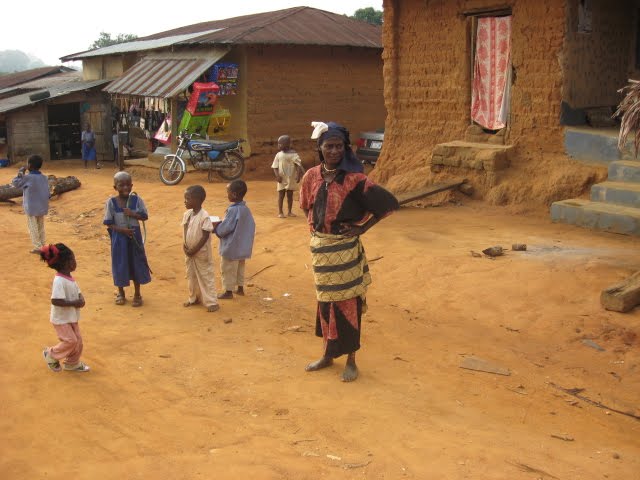What are some of the lifestyle chsnges thst are in fact occurring? Land is unevenly distributed along racial and class lines. This issue is an increasingly worldwide phenomenon and is seen by many as the new form of colonialism in Africa.
Indeed Vidal (2010) reported that 50million hectares of land in Africa - an area double the size of the UK - has been acquired by rich countries to guarantee their own food supplies in a world where global food shortages is increasing.He said that it was ironic that a country like Ethiopia where hunger is prevalent is offering 3 million hectares of its most fertile land for growing food for rich countries rather than for themselves.
Competition for oil wealth in the Niger Delta has fueled violence between innumerable ethinic groups, causing the militarization of nearly the entire region by ethnic militia groups as well as Nigerian military and police forces (notably the Nigerian Mobile Police). Victims of crimes are fearful of seeking justice for crimes committed against them because of growing "impunity from prosection for individuals responsible for serious human rights abuses, [which] has created a devastating cycle of increasing conflict and violence." The regional and ethnic conflicts are so numerous that fully detailing each is impossible and impractical.
Public relations practitioners are constantly challenged to tell the story to the public. Providing information on an issue is not likely to change the behavior of the majority accross multiple disiplines indicates). People are rarely eagar to sit down and attentively absorb what you have to say about a given issue. Nor are members of a public typically ready to act on the message content.
Blignaut and Van Heerden (2009) in their paper entitled "Is Water Shedding Next?"state: "water cannot continue to grow at current rates indefinitely given the supply constraints and likely decline in the water availability due to change in climatic conditions, and the socio-economic and demorgraphic pressure to increase the use of potable water for domestic use and to allocate water to higher value added industries.
Something has to change, and fast.
I am encourage and inspired by the literally millions of people in all walks of life who are making outstanding efforts to bring about solutions. Every pathway towards solution represents the work of thousands of dedicated professinals and volunteers, ranging from scientists and engineers to business people, laywers and public servants.
Indeed, we all are involved because our survival depends on to primary facts our "environment and neighbor"although, we can do without our neighbors but we can never do without the environment.

